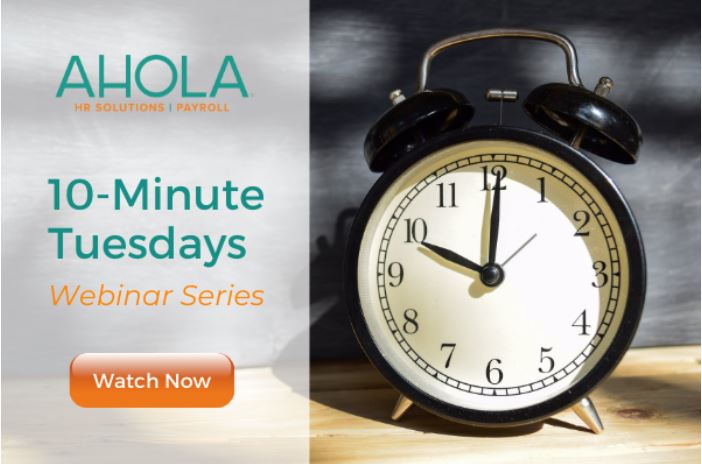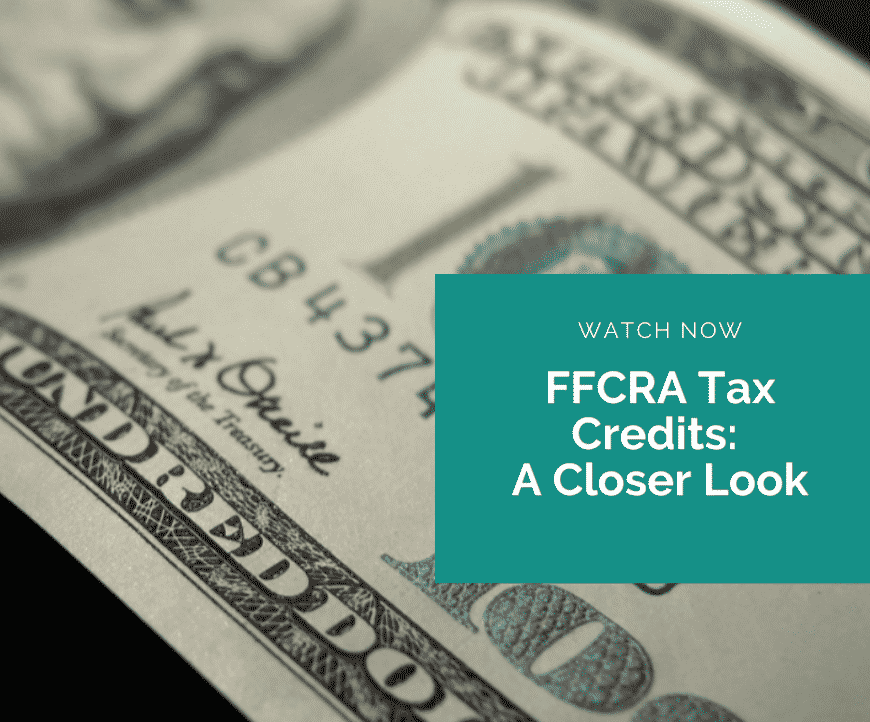Employers Get Tax Breaks for Vaccination Leave
Small and midsize employers, and certain governmental employers, can claim refundable tax credits that reimburse them for the cost of providing paid sick and family leave to their employees due to COVID-19, including leave taken by employees to receive or recover from COVID-19 vaccinations. These credits are available to eligible employers that pay sick and family leave for leave from April 1, 2021, through September 30, 2021.
Which companies are eligible?
An eligible employer is any business, including a tax-exempt organization, with fewer than 500 employees. An eligible employer also includes a governmental employer, other than the federal government and any agency or instrumentality of the federal government that is not an organization described in section 501(c)(1) of the Internal Revenue Code.
How is it calculated?
The tax credit for paid sick leave wages is equal to the sick leave wages paid for COVID-19 related reasons for up to two weeks (80 hours), limited to $511 per day and $5,110 in the aggregate, at 100% of the employee’s regular rate of pay. The tax credit for paid family leave wages is equal to the family leave wages paid for up to twelve weeks, limited to $200 per day and $12,000 in the aggregate, at 2/3rds of the employee’s regular rate of pay. The amount of these tax credits is increased by allocable health plan expenses and contributions for certain collectively bargained benefits, as well as the employer’s share of Social Security and Medicare taxes paid on the wages (up to the respective daily and total caps). Most employers will claim the credits on Form 941.
Are self-employed individuals eligible?
Yes! They simply claim comparable tax credits on their individual Form 1040.
These are just the basics. More details are available on the IRS website, or contact a qualified tax professional.







Reply a Comment